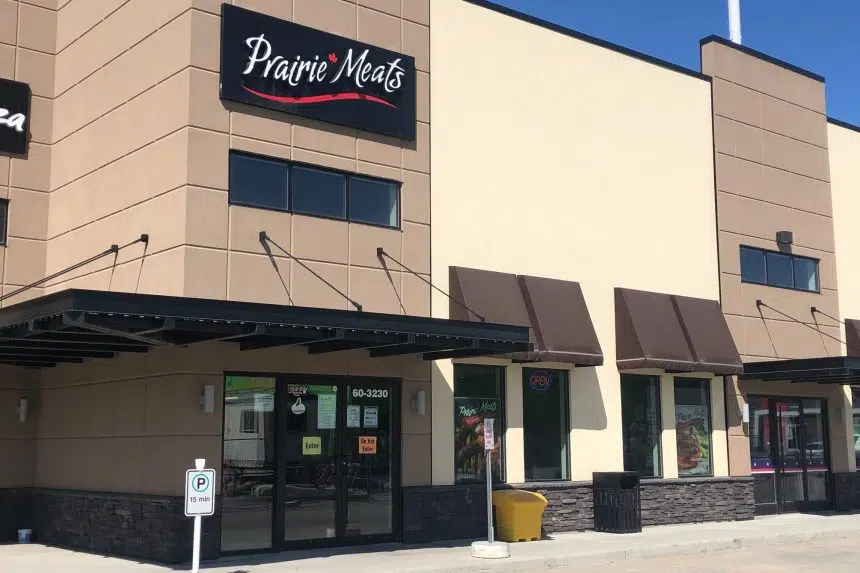The ribeye steaks and angus burgers so many of us love to grill will likely not only go up in price in the coming days and weeks, they might not be as readily available either.
That’s what the CEO of Prairie Meats, Casey Collins, believes will happen as distributors and retailers across the country deal with the shutdown of Cargill Foods near High River, Alta., and the modified schedules at other processing facilities like JBS Foods in Brooks, Alta.
“Options are limited right now. We purchase throughout North America and globally, so some options are just not available right now,” he says. “We’re finding a lot of our partners even out of the U.S. have stopped shipments into Canada, and that’s probably going to continue for the next little bit as plants shut down and priorities change.”
Collins says even slaughterhouses and processing facilities’ priorities are shifting. What once were products meant only for restaurants and large-scale food service facilities are not in demand right now. For Prairie Meats, that means its models also have to change as well.
“The products are still available, it’s just the pricing model that’s changed,” Collins said. “Something that used to be very expensive that was sold mostly in the restaurant industry, we’re starting to see pricing come off, and prices that were stronger retail items are doubling or even up 30 per cent on some cuts.”
He adds that worker safety must be a priority but such large-scale closures will have a big ripple effect that will be seen and felt throughout the country.
“It’s going to affect us,” Collins said. “Thirty per cent or more of the cattle processed in those plants come from Saskatchewan. So it’s going to affect all of the producers here, right from the farmers all the way through to the retail operators … There’s just less product on the market, which is going to push demand and pricing up in the short term.”
That said, Collins doesn’t expect there to be a shortage of beef or other meat products, it’s just that processing times will be affected.
“Selection may vary by retailer location, but there’s not a fear of running out of food,” he said.
Safety protocols
Prairie Meats employs dozens of workers both on the retail and distribution sides. Warehouses in Saskatoon and Regina are still full of product from their three big suppliers, which means the company also needs to have strict regulations for its employees.
All staff are told not to come to work if they aren’t feeling well. So far, none of Collins’ employees have tested positive for coronavirus.
“We’ve asked numerous employees to take the test, and everything has come back negative,” he says.
Precautions have been put in place, including segregating departments, and separating lunch facilities, washrooms and work spaces for the manufacturing and distributions sides. There are separate doorways for workers to go in and out of the building and shifts have been split as well to maximize social distancing.
As far as whether the meat from Cargill and other facilities is safe to consume, Collins explains that even during packaging, meat stays inside a warehouse for several days, and then it takes another several days to even get to grocery stores or other retailers.
“The risks are very minimal from any of those facilities,” he said. “I mean, the risk is to the employees at those facilities transferring (coronavirus) from human to human.”







